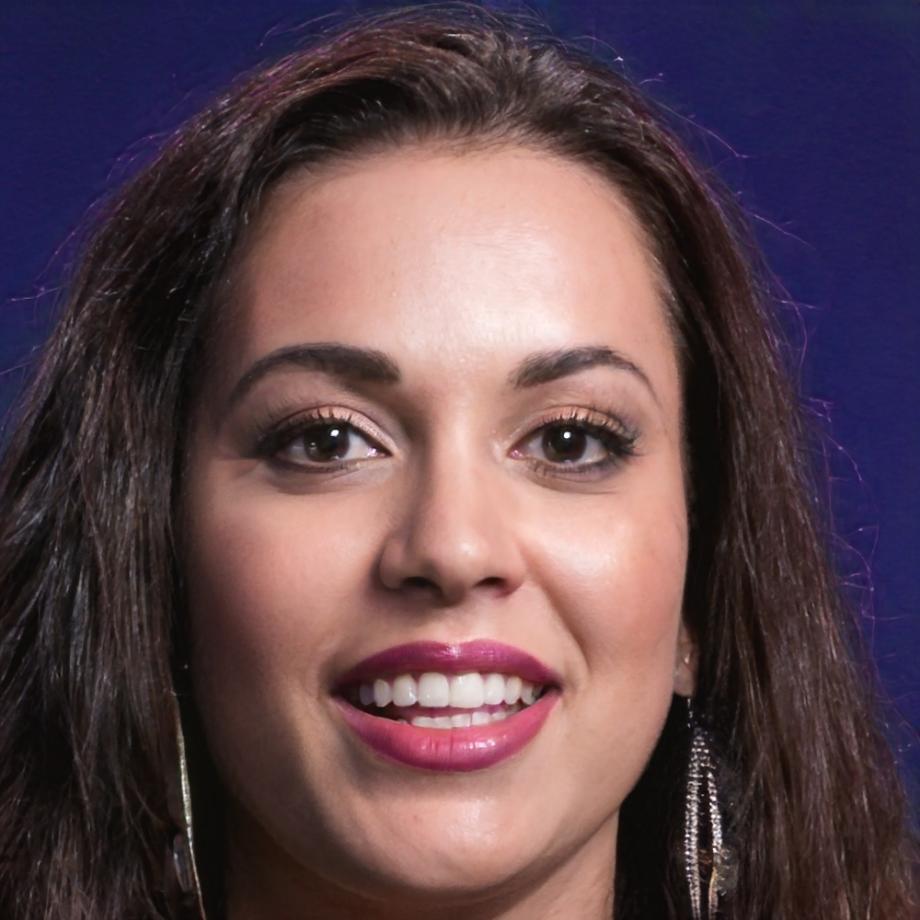Master Investment Analysis Through Real Market Experience
Learn sophisticated financial strategies from market professionals who've navigated decades of economic cycles. Our approach combines theoretical frameworks with practical market analysis.
Explore Our ApproachThree Core Investment Philosophies
Each strategy reflects different risk tolerances and market perspectives. Understanding these approaches helps you develop your own analytical framework.
Value Analysis
Focus on fundamental company metrics, cash flows, and market positioning. This approach requires patience but often reveals overlooked opportunities in established markets.
Growth Assessment
Examine companies with expanding market share and innovative business models. Requires understanding emerging trends and technological disruption patterns.
Dividend Focus
Analyze companies with consistent cash distribution histories. This strategy emphasizes stability and regular income generation over rapid appreciation.
Your Learning Journey
Foundation Building (Months 1-3)
Start with financial statement analysis and basic valuation methods. You'll work through real company reports and learn to spot key indicators that professional analysts watch.
Market Dynamics (Months 4-6)
Dive into sector analysis and economic factors that influence market movements. Case studies from recent market events help you understand cause-and-effect relationships.
Advanced Strategies (Months 7-9)
Learn portfolio construction techniques and risk management principles. You'll practice building balanced portfolios under different market scenarios.
Independent Analysis (Months 10-12)
Develop your own research methodology and present investment thesis papers. Regular feedback sessions help refine your analytical thinking process.
Common Questions
What background do I need to start?
Basic mathematics and genuine curiosity about how companies work. We've had successful participants from engineering, teaching, healthcare, and retail backgrounds. Financial experience helps but isn't required.
How much time should I dedicate weekly?
Most participants spend 8-12 hours per week on coursework and analysis. This includes reading financial reports, working through case studies, and participating in discussion groups with other learners.
Do you cover international markets?
Yes, though we start with UK and US markets since they have the most transparent reporting standards. Later modules explore European and emerging market opportunities, including currency considerations.
What tools and software will I learn?
You'll work with Excel for financial modeling, learn to navigate Bloomberg terminals, and use screening tools that professional analysts rely on. We also cover free alternatives for independent researchers.
Learn From Market Veterans

Helena Chambers
Senior Portfolio Analyst
Spent fifteen years analyzing European equity markets for institutional clients. Helena specializes in consumer goods and technology sectors, with particular expertise in identifying undervalued growth companies.

Patricia Greenwood
Risk Management Specialist
Former derivatives trader who now focuses on portfolio risk assessment and hedging strategies. Patricia helps students understand how professional fund managers protect against market volatility while seeking steady growth.